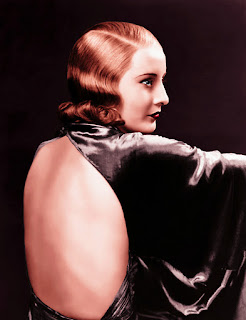This is a well-known classic, and deservedly so. The subject is one of the highest social importance, and it's needless to say that is as relevant today as it was then; but my point is, the directing work is great: there's no "sentimental garbage" about the treatment of the homeless kids issue, unlike one of the characters points at regarding Father Flanagan's (Spencer Tracy) enterprise. The film remarks the honesty with which the seemingly utopian idea of such a community -- a true town of little men -- comes to life, and identifies with it all the way.
Tracy plays Flanagan, the moral center, as a deeply charismatic man. His acting is actually reacting; the great actor's best features as a human being are on display when the camera just focuses in his eyes. On the other hand, there is Mickey Rooney's antics as Whitey Marsh: bold gestures and speeches, all in the most histrionic fashion. However, what on the paper might look bad (or dated, for a better word), it turns out to be the key performance of the movie. Whitey is a comic and almost tragic figure at the same time. He looks up to his elder brother, who is a hoodlum, and so smokes cigars and dresses as a 12-year-old grown-up. And he is protecting himself from others, in this tough-kid disguise, for he really is a damaged, vulnerable, sensitive boy. At first, he is cocky and thoroughly arrogant, like a shorter version of James Cagney. Rooney seems to have had also the same kind of energy and electricity. As a matter of fact, he infuses these elements into Boys Town, yet improving upon its smoothly delivered pace and finely orchestrated melodramatic moments. Rooney's not only is a scene-stealer role, but a dramatic work that is real, timeless and epiphanic.
RIP Mickey Rooney (1920-2014)






